In Defense of Inflation & Basic Income
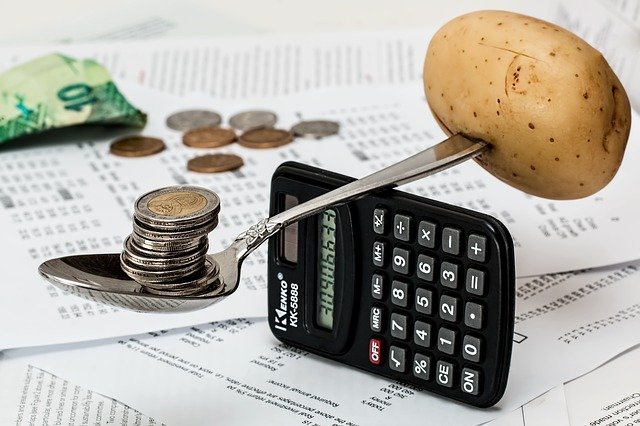
I am a free market voluntarist, so the following thought in no way suggests that this theory would be moral or applicable in a free market society. So let's just hypothetically assume that it can be implemented using minimal force and it can function, let's analyze how it would theoretically work out.
My theory is about inflation and how inflation can be used to create an egalitarian society. My theory requires minimal use of force, and it's essentially pretty much libertarian, assuming that libertarians are minarchists. Let's see how it would be applied.
1. Nationalized Central Bank & Monetary Policy
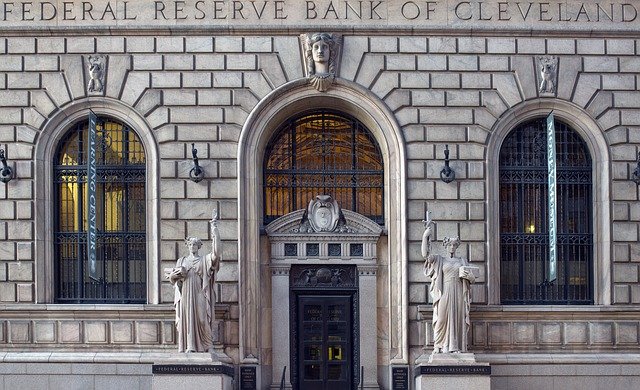
The central bank would be nationalized and controlled by a separate state entity not part of the government (no more private shareholders), and the only power it would have is to print money and oversee/regulate the private banks. The national bank would no longer have the power to set interest rates, that would be set by the market.
The central bank would set the inflation rate to very low rates to sub 6% yearly, which would be tolerable, and would redistribute all that money equally into the accounts of every poor citizen. It will not lend to the government and it will not lend to the private banks, that would be forbidden. All it would do is to create sub 6% inflation yearly, and that is all it does.
Since inflation rate is very low so capital flight would not happen, and non-invested capital would be redistributed, slowly creating financial egalitarianism over long term.
2. Banking
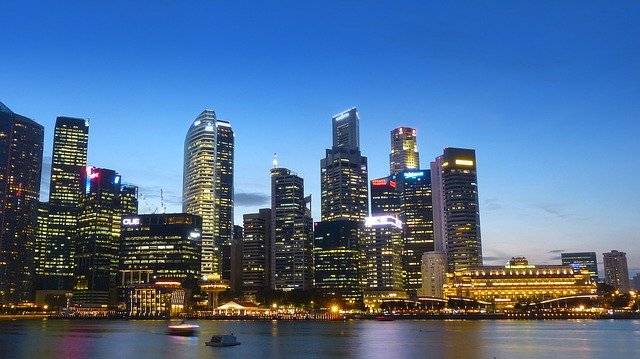
Private banks would exist that would act as custodians of the money, without bail-in possibility. They would all have to keep 100% reserves, fractional reserve lending would be forbidden. All derivatives would be banned, since most of them are just scams and rely on fractional reserves anyway. Banking would only be lightly regulated to boost competition, with probably some blockchain technology to ensure transparency.
3. Taxes
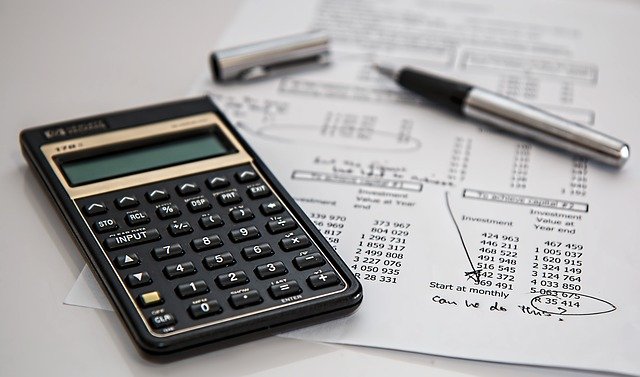
Abolishment of all forms income taxes, and taxes on spending included but not limited to sales tax. This would help people spend easier and have a 60% higher life quality. The only taxes the government would levy would be static and not proportional to income or value of asset. This would be a little bit unfair to poor people, but they would get the subsidy from the central bank, so it would be no problem. And they can escape poverty much easier since the other taxes don't hold them down.
4. Regulation
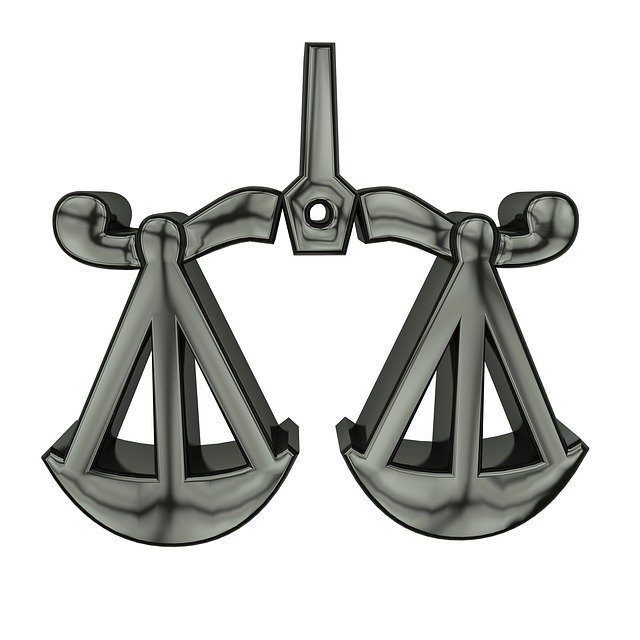
Regulation is a business killer, and all businesses would only be lightly regulated via some blockchain to ensure transparency. The mafia style inspector shakedowns and the fine extortion racket would have to stop. Small businesses are constantly being harassed by inspectors, mafia style, and that is a huge problem that discourages small entrepreneurs.
5. Welfare & Pension & Insurance

Pensions would be private and optional, same way based on 100% reserves and auditable pension companies. Health insurance would be private since there is no need to nationalize it if people have enough money to buy the private one, which would either way go down in price after entrepreneurs innovate.
Welfare would all be abolished, since the central bank is already subsidizing poor people. The USA GDP is currently 18.55 trillion, if we introduce a 6% inflation rate and we have broadly 23% unemployment according to ShadowStats which would be 33 million people.
We then inflate 6% yearly of 1.1 trillion divided to 33 million unemployed people would equal to 33,727$ / each person yearly. That can easily help them get out of poverty, and if the GDP grows, which would obviously grow with no income tax, they would be far better off.
All other insurances would be private as well, there would be absolutely no reason to involve the government, and the amount of government overhead we would reduce, it would be a pretty libertarian society.
6. Government Funding
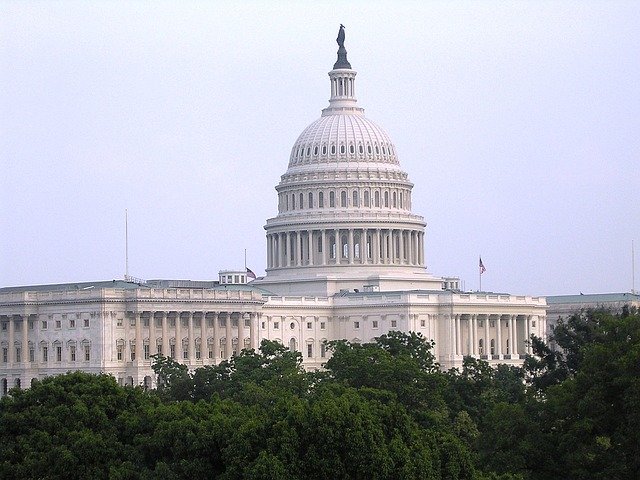
The only money the government would see is is what they would get from the static taxes, tariffs, custom duties or permits. They can of course issue bonds, but the central bank would be forbidden to buy it or lend money in any shape or form. Also the government cannot increase taxes and go indefinitely in debt via bond sales, they would have to seriously balance the budget.
All bond buyers would be foreign or domestic investors, therefore the government would actually have to be innovative in order to attract more investors. Nobody would invest in a corrupt government, nor in one that is running ponzi schemes. The government would have to become as transparent as possible.
This is my thought how a libertarian government would have to function to maximize social equality and liberty. It is true that I myself would prefer a no government, but if we could get down to this level, that would be tolerable.
Let me know in the comment section what you think about my theory!
Hi, this would benefit all the citizens except the coorporational greed. The main issue of libertarian principles is how to implement such models in the society? That is somenthing that "we the libertarians" should work on...Thank you for the contributionism and keep up the good work, cheers, Damir
I don't know what corporation could ask more for? Corporate taxes would pretty much go to all time low. And with the elimination of personal income tax and sales tax their profits would skyrocket, at least by 60%, not to mention the amount of investment and capital they would get.
Short term it might be unconfortable, but longterm everyone would be better off in a society like that.
Couldn't agree more:)
In such an environment, I'd love to see a way to circumvent a central bank and find a way to inject new currency into the economy via its poorest members, but utilizing various and competing currencies. There's got to be a way to decentralize that function.
Yes we could go all blockchain, that would be ideal, but sometimes manual intervention is required, so an institution or at least a board of members would be required, even to manage the blockchain itself.
It would be all 100% transparent of course, no more backdoor meetings, and we have to minimize trust dependency to ensure that corruption will be minimal.
Wait, what?
So your central bank is forbidden from lending money. In other words, the central bank is not a bank. It's just a printing press.
Your private banks are "lightly regulated" but "required to have 100% reserves." In other words, banks are forbidden to exist. Fractional reserve banking is what makes a bank a bank!
Those are my knee-jerk thoughts. Anyway, I appreciate the time you put into this!
Yes it's a printing press technically. A bank could adopt a blockchain system, where it would be transparent, that is not invasive regulation and can prevent fractional reserves.
Less and efficient regulation is better than more and shallow ones, like the current regulatory system for example, it's not efficient, and it's very burdensome and costly.
Maybe a bank should be a place where one stores physical items of value.
That's fine - but that's not a bank, that's a place where you rent storage lockers. I'm not even sure where the idea came from that a bank shouldn't lend out your money. Lending out a portion of depositors' funds is quite literally the definition of banking.
How would banks make money with 100% reserve? They would have no way to lend money except for any surplus they had to lend out.
That is like saying there is no way to make money with 10,000$ capital unless you use leverage (that is actually stolen money from everyone else).
Yes it will be harder for them, but they would also have to be more responsible, like not lending out to people who they know cannot repay, just so that they will then come and steal everything from them and put them in debtor prison.
The 100% reserve system is the only moral way to lend.
I said they would only make money on surplus they lent out, which is what you are talking about. I agree that you can still make money just on lending from capital accumulated, but that's no different than anyone lending. Banks, essentially, wouldn't existing anymore.
Well they would lend their own money not their customers money which is what I am referring to. The customers money they would guard, or even that is not needed anymore as people can have their own wallets in crypto. The bank would turn into a lending company, from their own capital, to prohibit fractional reserves, if they need more capital, they sell stocks.
I wouldn't call this a bank. I agree this would be good, but then you need a totally new way for money to come into being and to be removed from circulation. If Steemit or something like it were the basis for money creation I think what you are describing could work.
If you think of it like a baker baking and a carpenter carpentering then government makes the money. Bankers would have to get (real/new) jobs and earn money. I'm sure there will be plenty of jobs for them after all the dramatic changes. Managing the changes would require knowledge of the new as well as the old system. Thinking about it it might have unexpected positive effects if companies (that actually produce useful products) had a huge influx of highly competent financial workers (with oversupply pushing wages down)